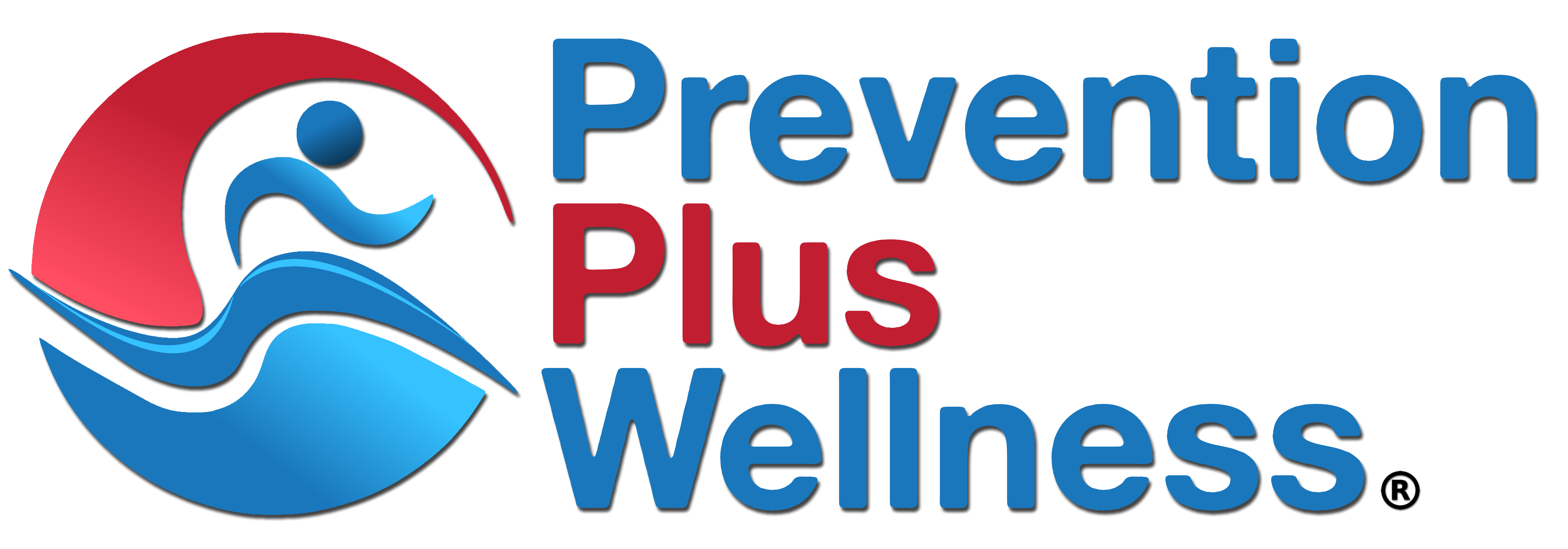The one-session SPORT Prevention Plus Wellness (PPW) program was administered to youth from October 2023-March 2024.
Trained program implementers from the Youth Leadership Institute (YLI) with locations throughout central California provided the program.
A total of 345 adolescents completed a pretest survey and 336 completed a posttest survey after receiving the SPORT PPW program presented in groups.
The majority of participants were Hispanic (73%), female (54%) and were 14 (38%) or 15 years old (32%).
Quantitative Findings
The proportion of participating youths' intentions to engage in healthy behaviors increased from pretest to posttest, including practicing stress control/relaxation most days (15%), eating a healthy breakfast most days (9%), getting 8 or more hours of sleep most nights (8%), and getting physical activity most days (6%).
The majority of youth did not intend to use drugs and alcohol at posttest, including puffing on a cigarette (82%), trying an e-cigarette (80%), trying an opioid (77%), trying marijuana (74%), and trying alcohol (61%).
Perceptions of harmfulness of specific substances increased from pretest to posttest, particularly for using alcohol (8%) and marijuana (6%).
The likelihood of feeling sad or hopeless decreased from pretest to posttest by 8%, suggesting a possible mental health benefit from participating in the program.
Most youth liked the lesson at least a little (96%) and thought it would help them avoid drug use and improve their healthy behaviors (95%).
Qualitative Findings
Comments from youth on what they liked best about the SPORT PPW program lesson supported the positive quantitative outcomes from participating in the program.
A sample of these comments included:
- I liked how we talked about health benefits and how alcohol is seriously an issue for your mental and physical health.
- I liked the engagement and how often they asked questions.
- It made me rethink some of my life goals and the importance I place on healthy habits.
- It was fun.
- I like how it explains how alcohol and drugs can be really harmful.
- Motivated me to become more active.
- I liked (the fact) that it gave you ideas of how to change your health habits.
- It made me want to eat healthier.
- Motivated me to set goals for myself.
- It was very informational (informative).
- Learning the different stress-relieving techniques and exercises.
- It help(ed) me to keep from using (drugs) and stay around good company.
Conclusion
The SPORT Prevention Plus Wellness program provided to a majority Hispanic sample of young adolescents was found to increase the percentage of youths intending to engage in healthy behaviors associated with physical and mental wellbeing.
This finding was supported by a decrease in the number of youths who believed they would feel so sad or hopeless that they would stop doing some of their usual activities.
Most you reported no intentions to use drugs and alcohol at posttest, while
perceptions of harmfulness increased the greatest for the two substances most likely to be used in the future, i.e., alcohol and marijuana.
Qualitative data in the form of youth comments supported quantitative results of the SPORT PPW program increasing intentions to engage in healthy behaviors and perceptions of substance use risks, as well as the finding that over 9 in 10 participating youth said the SPORT PPW program would help them avoid drug use and increase their healthy habits.
Authors: Julio Lopez (Youth Leadership Institute), Emily Rivas (Youth Leadership Institute) & Chudley Werch, PhD (Prevention Plus Wellness, LLC)

